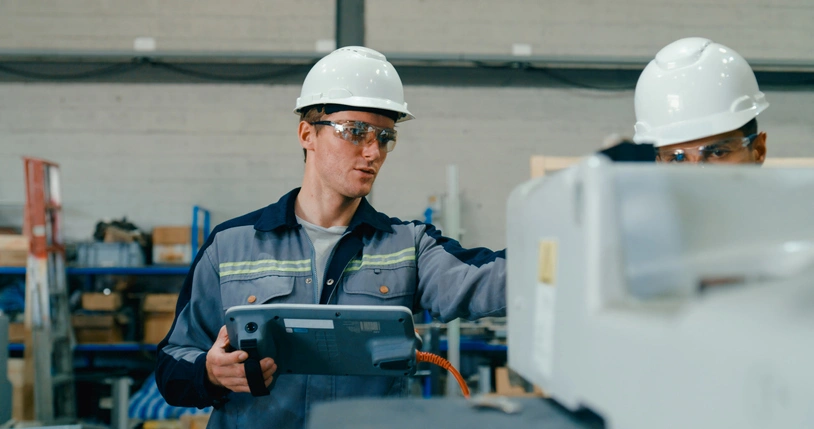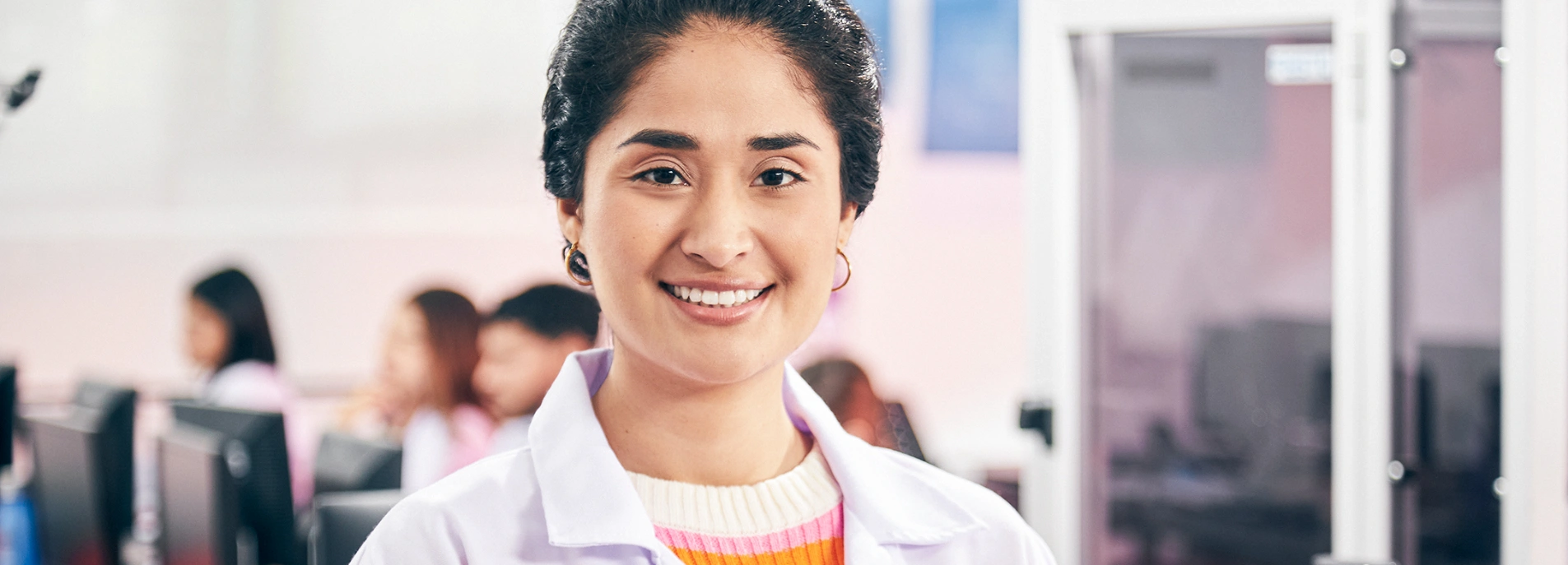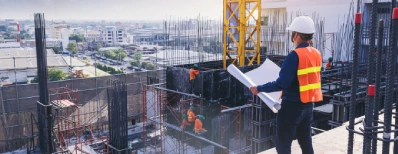Why Study Electromechanical Engineering at UCV?
At UCV, you’ll receive a comprehensive education that blends solid theoretical foundations with continuous hands-on experience in specialized laboratories. Our program stands out for:
- A strong focus on the design and simulation of electromechanical machines using CAE and CAD tools.
- Development of skills in industrial maintenance, renewable energy, and Industry 4.0 automation.
- RENACYT-certified professors with real-world project experience, ensuring up-to-date, applied learning.
As a graduate, you’ll be able to work in the following fields:
Industry and Manufacturing
- Electromechanical design and modeling engineer in metalworking and energy conversion sectors.
- Specialist in preventive and predictive maintenance of industrial plants, improving uptime and productivity.
- Project coordinator for the assembly, installation, and commissioning of electrical and mechanical equipment.
Energy and Sustainability
- Analyst in power transmission and distribution systems within electric and renewable energy companies.
- Consultant in energy efficiency for agro-export, fishing, and mining industries.
- Designer of eco-efficient solutions for industrial and residential facilities.
Research and Teaching
- Electromechanical drafter and CAD modeler using specialized software (ANSYS, SolidWorks).
- Assistant in industrial automation and collaborative robotics projects.
- Researcher in clean technologies and renewable energy development.


Need help starting your university journey?
Discover our differentiators

A dedicated space for simulating production processes using CNC machinery and rapid prototyping tools, where you’ll apply modern manufacturing criteria to optimize resources.

A specialized environment focused on electrical networks and distribution systems, equipped to assemble and test circuits while analyzing efficiency and safety parameters.

A workspace with benches equipped with oscilloscopes, logic analyzers, and electronic components, designed for creating and validating control and communication circuits.

An experimental space for applied physics in engineering, featuring measurement instruments and simulators to verify principles of mechanics and thermodynamics.

An area focused on control systems and robotics, with PLCs, sensors, and actuators that enable the design and testing of automated production lines.

Facilities for studying hydraulic circuits and systems, with test benches to adjust valves, pumps, and components that simulate real-world conditions.

A space for testing material resistance and analyzing structural behavior, equipped to apply loads and measure deformations in metallic components.






